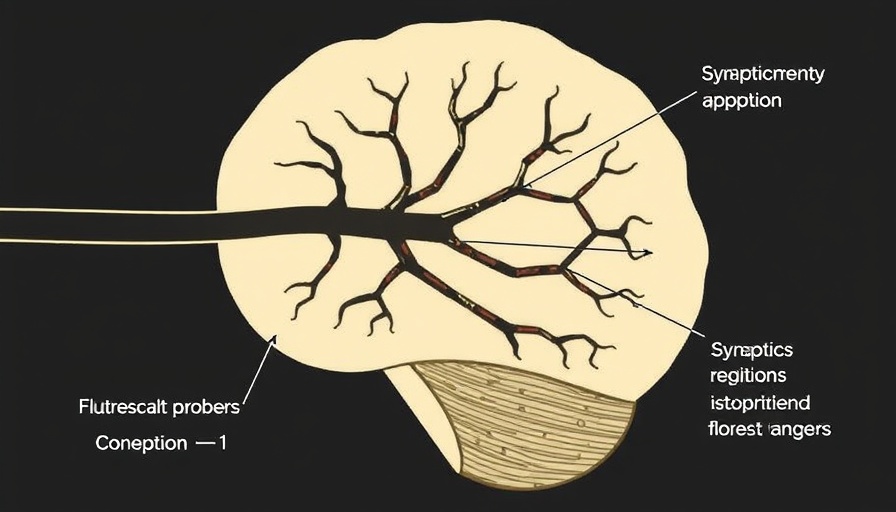
The Breakthrough in Drug Delivery: How Ultrasound Imaging Can Revolutionize Treatment
An exciting new development in medical technology is on the horizon as researchers unveil advanced ultrasound imaging techniques aimed specifically at enhancing drug delivery to the brain. This innovative approach has significant implications for treatment options in neurology and various chronic conditions requiring precise targeting of therapeutic agents.
Historical Context: The Challenges of Drug Delivery to the Brain
Delivering drugs effectively into the brain has long been a formidable challenge for medical professionals due to the protective blood-brain barrier. Historically, drug delivery methods have faced limitations, resulting in suboptimal treatment outcomes for patients with neurological disorders. Traditional approaches often failed to achieve the necessary concentration of medication in the brain or led to systemic side effects. However, this groundbreaking ultrasound technology offers a new method that holds promise for overcoming these obstacles.
How Does It Work? Understanding Ultrasound Drug Delivery Technology
This advanced technique employs low-frequency ultrasound waves that temporarily disrupt the blood-brain barrier, allowing drugs to penetrate brain tissue more effectively. This method not only enhances drug absorption but also minimizes potential side effects associated with systemic drug delivery methods, making treatment safer and more efficient. The implications for conditions such as Alzheimer’s disease, Parkinson's disease, and brain tumors are profound, as targeted delivery can result in better therapeutic outcomes.
Current Research and Clinical Trials: Exploring the Future
Ongoing clinical trials are testing this innovative ultrasound-based method for various neurological diseases, with promising initial results indicating improved therapeutic efficacy. Additionally, studies are focusing on determining the optimal sonication parameters to maximize drug delivery effectiveness while ensuring patient safety. These rigorous trials will provide invaluable data and further validate the technology’s efficacy, potentially leading to widespread adoption in clinical practice.
Patient Perspectives: The Human Element of Medical Innovation
For concierge health practitioners, understanding patient perceptions and experiences related to new treatments is crucial. Initial feedback from clinical trial participants indicates optimism for enhanced outcomes using ultrasound-guided drug delivery. Patients are expressing hope that this method could provide relief for chronic conditions that have long been challenging to treat. Such insights can guide practitioners in counseling their patients about emerging therapies and their potential benefits.
Why This Matters: The Importance of Staying Ahead in Medical Technology
For health practitioners dedicated to delivering the highest level of care to patients, staying informed about advancements like ultrasound imaging for drug delivery is essential. As this technology continues to evolve, practitioners should be prepared to integrate new treatments into their practice. Understanding and anticipating shifts in treatment modalities ensures that healthcare providers can offer cutting-edge solutions and improve patient outcomes.
What You Can Expect: Looking Forward
The landscape of drug delivery systems is rapidly transforming with innovations in technology. Concierge health practitioners must monitor upcoming advancements in ultrasound-based therapies and consider participating in educational opportunities to better serve their patients. As research progresses, practitioners may need to reevaluate how they prescribe treatment options, ensuring they leverage the benefits of new technologies like these advanced ultrasound techniques.
Call to Action: Stay informed and connected with the latest advancements in medical technology to better serve your patients. Embrace the benefits of innovations like ultrasound imaging for drug delivery to stay at the forefront of patient care.
 Add Row
Add Row  Add
Add 






Write A Comment